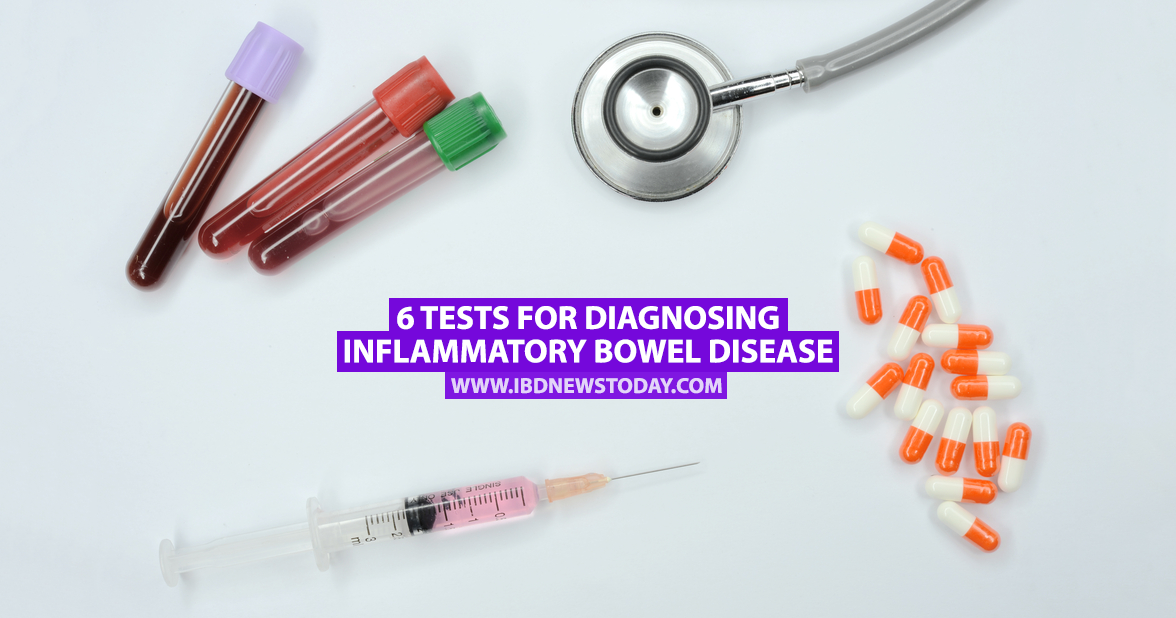Inflammatory bowel disease (IBD) is a term used to describe two different conditions: ulcerative colitis and Crohn’s disease. Although there is a lot of information available about these conditions, diagnosing inflammatory bowel disease is a complex procedure involving several different tests.
MORE: Eight different signs and symptoms of IBD you might want to know about
Here are some tests that may be needed to diagnose IBD:
- Blood cell counts: Complete blood count and white blood cell counts are used to diagnose IBD. In addition, the detection of C-reactive protein in blood and the evaluation of the erythrocyte sedimentation rate can help to determine the rates of inflammation and infection in the patient.
- Vitamin levels: Vitamin B12 levels and folate levels could indicate gastrointestinal malabsorption and bowel disease.
- Stool tests and cultures: Fecal calciprotein is used as a non-invasive marker of intestinal inflammation in patients with IBD. Stool samples need to be cultured to check for bacterial and protozoal infections.
- Serologic: Serologic testing is used to measure antibodies in the blood serum for inflammatory bowel diseases.
- Imaging techniques: Radiographic, CT, and MRI scans can all used to diagnose IBD — especially to determine if a patient has ulcerative colitis or Crohn’s disease.
- Invasive techniques: Biopsies and the study of tissue specimens may be used for severe cases of IBD.
MORE: Four lifestyle changes to consider making if you have inflammatory bowel disease
IBD News Today is strictly a news and information website about the disease. It does not provide medical advice, diagnosis or treatment. This content is not intended to be a substitute for professional medical advice, diagnosis, or treatment. Always seek the advice of your physician or another qualified health provider with any questions you may have regarding a medical condition. Never disregard professional medical advice or delay in seeking it because of something you have read on this website.

